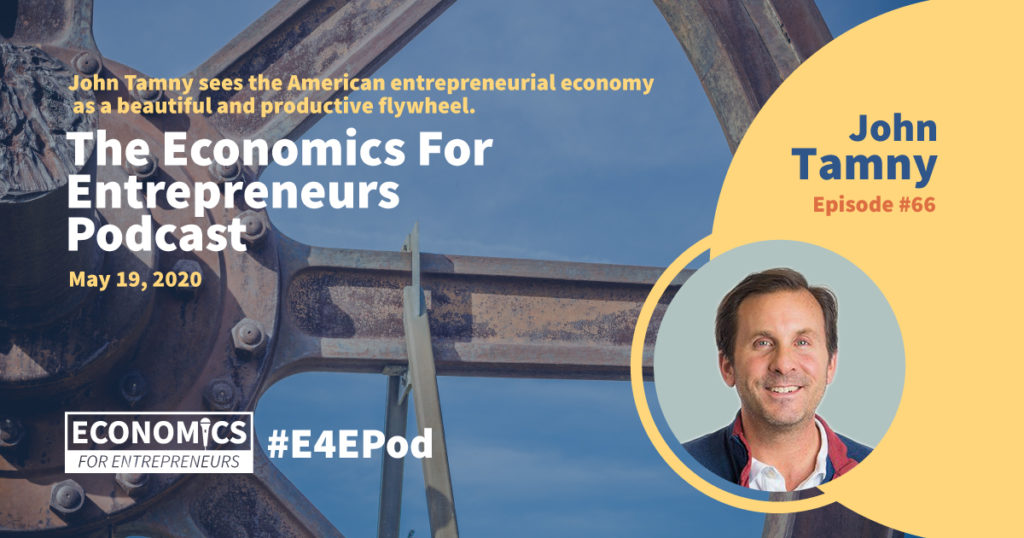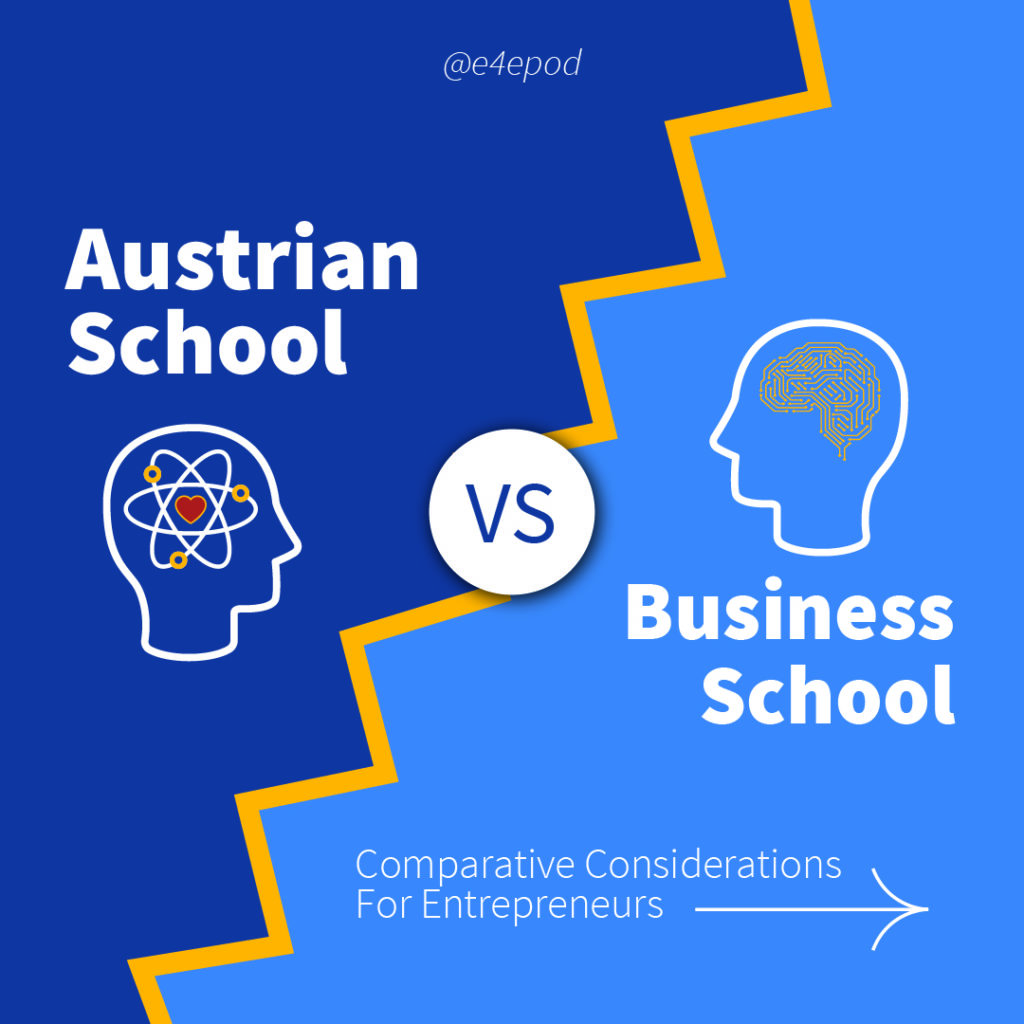Reimagining Management As Entrepreneurship

In crises, winning organizations act like startups.
That’s a sentence from James Burstall’s book, The Flexible Method. He’s writing about how business firms cope with crises, and he focuses especially closely on the Covid pandemic crisis which was fundamental for his business. He’s CEO of an important, large, multi-national entertainment production company, that has crews working together intimately in tight collaborations in close quarters – until, all of a sudden, they couldn’t. Covid (or at least the government-imposed restrictions that were thoughtlessly spewed by economically ignorant bureaucrats) savaged his business model.
James’s book describes his company’s successful response to the crisis, using what he has christened The Flexible Method, based on flexible thinking. There’s no fixed management manual of best practices for response to crisis. Each individual situation is different, and each individual firm is different, and no formulaic prescription is useful or relevant.
At The Value Creators, we’ve been pursuing a similar line of new thinking: what if management were reimagined as entrepreneurship?
Traditionally, management has been viewed, in many ways, as the opposite of entrepreneurship.
| Management seeks to control internal activities to achieve designated desired results. | Entrepreneurship looks externally to customers to lead the way to an uncertain future. |
| Management aims at efficiency, producing more with less. | Entrepreneurship aims at creating new economic value – more value for more people. |
| Traditional management aims at minimizing risk, and taking active steps to avoid it. | Traditional management aims at minimizing risk and taking active steps to avoid it. |
| Management is based on empirical data, quantitative methods, and modeling and planning. | In Entrepreneurship, uncertainty is the norm, embraced for its potential for opportunity. |
| Management is based on empirical data, quantitative methods and modeling and planning. | Customer experiences are best understood through qualitative measures including empathy and conversation. |
Management leans towards direction, control, and predictability. Its structures tend to be hierarchical, divisional, and functional. Entrepreneurship leans towards emergence, creating environments of opportunity and waiting for outcomes to emerge. Entrepreneurship is less structured, more collaborative and interactive, and more creative.
James Burstall encapsulates entrepreneurial management in his flexible method. The core planks of the method include:
- Put people first.
Management is often viewed as cold, hard calculus. People are resources, and they’re costs. They can be cut in times of crisis. But such an attitude is a “Big Corporation Sickness” according to Burstall. He bases his flexible method on caring for people, which brings resilience. Shared values provide an anchor amidst turbulence. For entrepreneurship to succeed, assembling the best team and leaving them to interact gets better results than managing them.
- Calm purpose beats management hyperactivity.
Entrepreneurship always has a purpose in mind: to make lives better for customers, employees, partners, and suppliers. When purpose comes with calmness and the capacity to keep a clear eye on distant goals even amidst short-term fluctuations, it provides the glue that holds the firm together and the backbone that keeps it strong.
- Adaptiveness is superior to fixed plans and documented strategies.
As we do at The Value Creators, Burstall emphasizes adaptiveness as the core skill of leading and running a business. When normal operations are sabotaged by an overreach in regulatory restrictions, as was the case for entertainment production companies in the midst of Covid, then non-normal operations must substitute. Swift, independent-minded decision-making by front-line operators can open new vistas that weren’t previously visible. This is hard to do in big companies (where the decision-making process is “turgid” in Burstall’s telling), thus opening up a pathway for more agile entrepreneurial companies to leap ahead.
- Supercharge creativity with radical commitment.
Creativity can be anathema to management. It is unpredictable, even volatile. It leads in unknowable directions, sometimes to dead ends, sometimes to great breakthroughs. There’s no need to be scared of good ideas – because people who generate ideas also generate some good ones. Avoiding creativity and clinging to routine are business killers. James Burstall advises boldness in creativity, and trust in people’s ability to sort good ideas from bad ones. And, most importantly, he advises what he calls radical commitment to the vision of the great outcome. No matter what twists and turns are experienced as a result of creative experimentation, radical commitment can ensure arrival at the desired destination, irrespective of detours. That’s another aspect of the entrepreneurial approach: radical commitment to outcomes, with flexibility on the pathway.
- Connecting and collaborating beats competing.
Traditional management often focuses on “competitive advantage” to “take market share”. The images of management are often militaristic: fighting, defending, beating, winning, out-maneuvering. Entrepreneurship does not employ the militaristic metaphor and doesn’t see the world through a militaristic lens. Entrepreneurship sees the economic landscape as a network, and the value creation task as fitting into that network and contributing something new in addition to the value that others are creating. Capitalism is more collaborative than competitive, and in The Flexible Method, James Burstall demonstrates how he implemented that thinking to thrive during Covid.
It’s time to dispense with the word “management”, and all the mental models of direction and organization and structure and processes and planned activity that accompany it. James Burstall’s mental models are flexibility, adaptability, fluidity, responsiveness, open-mindedness, experimentation, creativity, humanity and collaboration. Results are emergent: the happy outcomes of good mindsets rather than the quantified results of sophisticated advance planning.
Resources
James Burstall: The Flexible Method







Responses